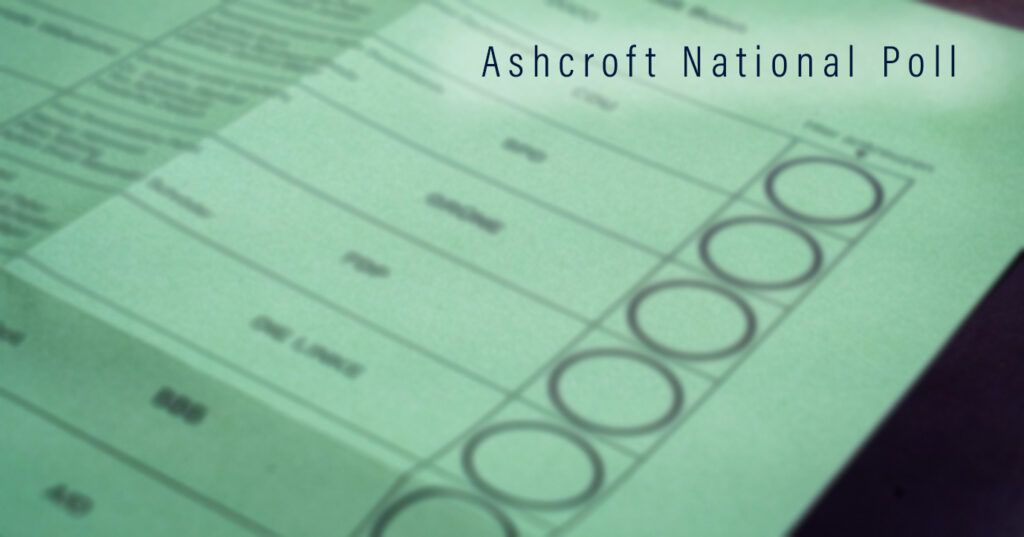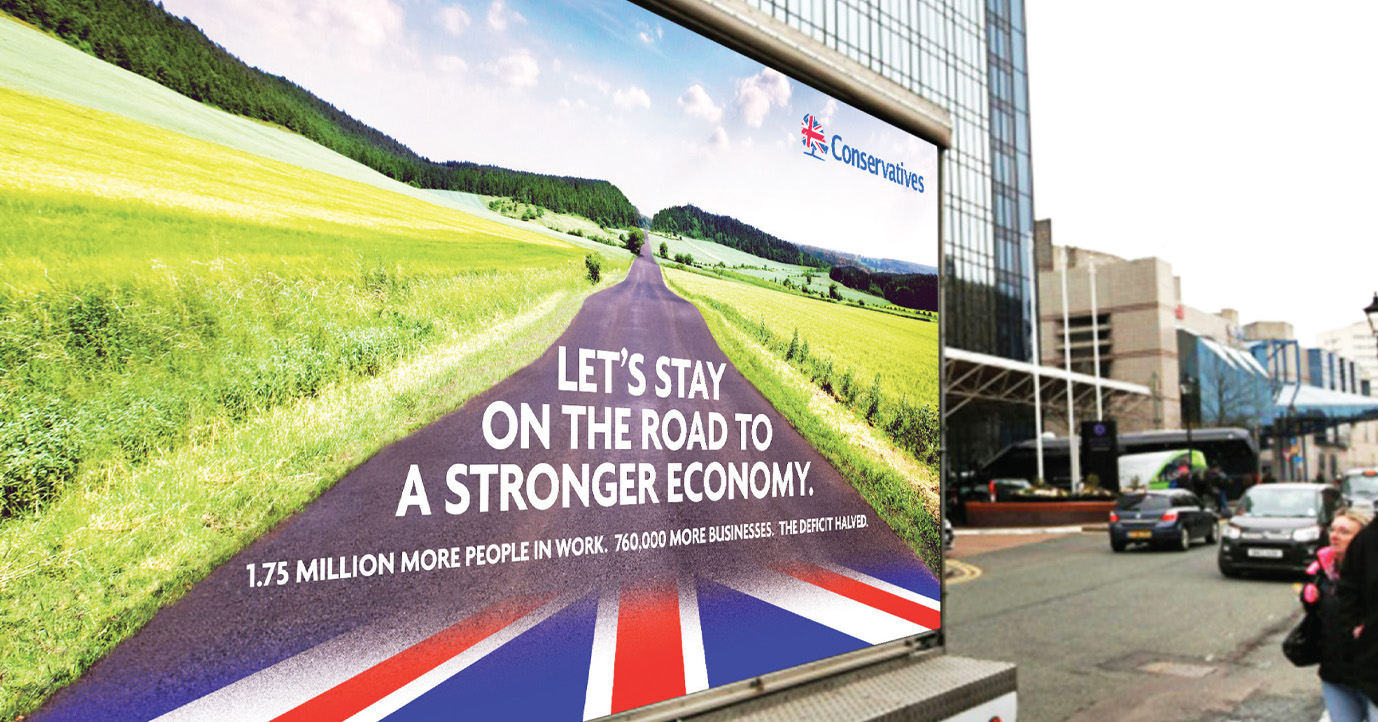
Labour’s lead has narrowed to two points in the Ashcroft National Poll conducted between 23 and 25 May.
The finale of the Euro election campaign, together with the coverage of UKIP’s victory, has helped Nigel Farage’s party to 17% in my survey, with the Conservatives unchanged from last week on 29%, Labour down four points on 31%, and the Lib Dems down one on 8%. The UKIP share is the highest yet recorded in a national telephone poll.
As I found in the post-Euro election survey I conducted after the polls had closed on Thursday, only half of those who voted UKIP said they expected to do the same at the general election. One fifth said they would probably end up voting Conservative, one in ten said they would go to Labour and another 14% said they did not know what they would do.
We will see in the weeks to come, in future editions of the Ashcroft National Poll and other published research, whether UKIP have reached their peak or if they can sustain their support into the general election campaign. The next test of their prominence will be the Newark by-election on 5 June.
Over the past weekend, though, voters were more likely to say they were moving towards UKIP (30%) than to any of the other parties. Swing voters – those who say they don’t know how they will vote or may switch parties before election day – were more likely to say this (34%) than the public as a whole. As with all parties, however, they were more likely to say they were moving “away” than “towards”. This question provides little comfort for the Lib Dems after a trying few days. Nearly two thirds (63%) of swing voters said they were moving away from Nick Clegg’s party.
Now that the Euro elections are out of the way we can expect a return to the fundamentals of political debate, especially on the economy. It is a central part of the Conservative economic message that the government has cut the deficit by more than a third since taking office in 2010. The clear implication is that there are more cuts to come.
A sizeable minority of voters accept this: 41% agreed with the statement “the national economy is not yet fully fixed, so we will need to continue with austerity and cuts in government spending over the next five years.” Nearly seven in ten Tories and a majority of Lib Dems thought so, as did one fifth of Labour supporters.
But a quarter of voters overall, including a quarter of those who said they would vote Conservative in an election tomorrow, felt that the medicine – though necessary – has already worked and the treatment can stop. They agreed that “while a period of austerity was needed to fix the national economy, we don’t need another five years of cuts of government spending”.
Meanwhile a further one third of the electorate, including nearly half of Labour voters, believed instead that “austerity and cuts in government spending were never really needed to fix the national economy, it was just used as an excuse to cut public services.” UKIP voters were among the most sceptical or cynical about the government’s deficit reduction policy, with 41% believing austerity was a cover for cuts in public services. Swing voters, too, will need convincing.
More than six in ten thought austerity could end; these were divided evenly between those who thought the policy had served its purpose and those who did not believe it was needed in the first place. The Conservatives in particular will need to tread the fine line between saying their policies are “working” and saying they have “worked” – while clarifying for people what the reward will be for sticking with the less agreeable aspects of the “Long Term Economic Plan”.


